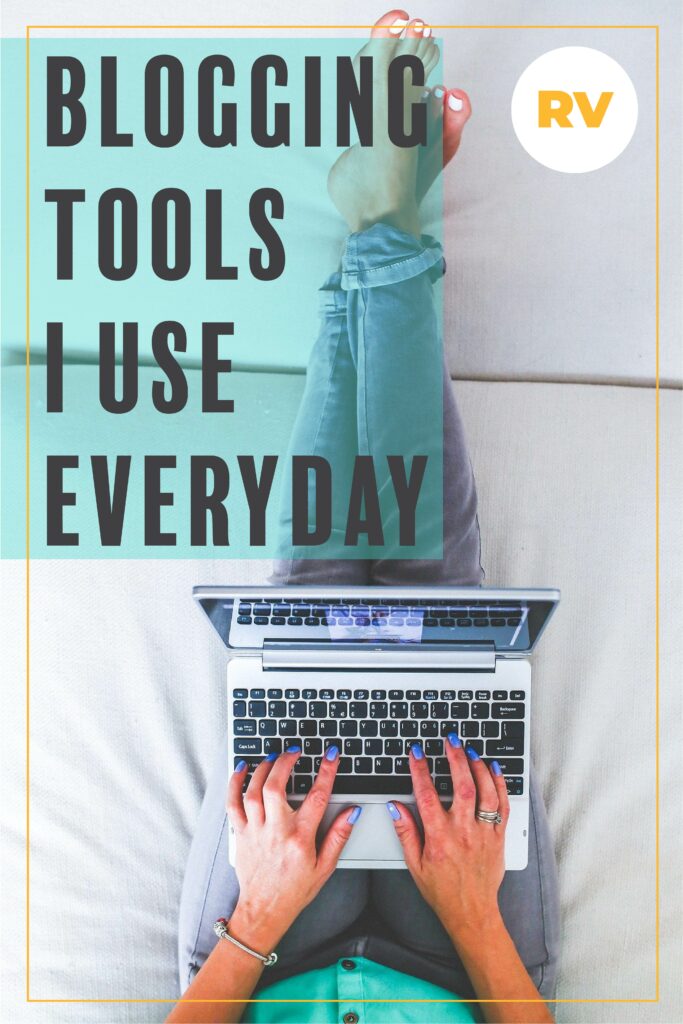I lost my religion in seminary.
It’s cliché. I know.
I entered as an angry, young evangelical man… you know the type.
And I left, different. The world was no longer black and white. I no longer had the certainty of my youth. And I started picking up the pieces and putting my life and career back together.
I’ve been studying meaningful work lately. And I reflected back on my enormous life shift from over a decade ago, away from practicing religion and towards studying it.
I think that, in so many ways, my shift from training to be a Christian minister taught me a lot about career changes, and showed me the problem with so much of our recycled, cliché career advice.
We tell young people to follow their passions or find their calling. What do you do when the thing you thought was your calling turns out not to be? How do we get around the fact that teenagers’ idea of their “calling” is really just a combination of what they’ve been socialized towards, seen adults doing, and been exposed to.
These are 4 life and career lessons I still hold over a decade later from going through that traumatic time of losing both my religion and my career.
“Meaning” requires believing in something
The most long-lasting effect of losing my faith in seminary wasn’t actually about losing my faith. It was about losing my career. I couldn’t really go be a minister of a religion I didn’t really believe in anymore.
And all of a sudden, the most important, valuable, meaningful job that I could imagine for my life – a pastor – felt like a waste of time. Sure, I could think of lots of social value from being a minister, creating community and connection for people.
But I didn’t really believe it anymore.
Here’s what I’ve realized about meaningful work. For each of us, finding a meaningful career is connected to our beliefs. Everyone from organizational psychologists to HR pros to career coaches talk about “alignment.” When you find a career that feels aligned with who you are and what you care about, your work feels meaningful.
This means that “meaning” in work and life requires believing in something. And I don’t necessarily mean a deity here. It could be belief in humanity, your town, your family’s future, or about a zillion different things. For the janitor in the famous JFK story, it was his role in putting a human on the moon.
But meaning in work starts from one anchor — what you believe to be true about the world.
Research shows that this sense of alignment is vital for meaningful work. And it’s often the feeling of being connected to a larger order outside of yourself – it could be spiritual or divine, but it can also just be alignment with a vision that’s important to you or a world you want to see. [1]
Simon Sinek famously calls this your “Why.”
But the funny thing is, alignment is the relationship between two constructed beliefs: what’s true in the world and who you are. It’s the relation between your construct of the self – who you think you REALLY are – and what you believe matters most in the world.
You need to believe in something to have meaningful work. It doesn’t have to be a carbon-neutral economy or world peace. It could just be that you believe it’s worth helping a local business design a new sign for their front door and express themselves.
Sometimes what you believe about yourself is wrong
It’s not just that the things I believed about the world were wrong; what I believed about myself was wrong too.
I’d told myself, “This is who I am. I’ll never be happy doing anything else.”
And of course, that was wrong.
I’ve heard a lot of different versions of this from different people.
- “This is just who I am.”
- “This is my calling.”
- “I could never be happy doing anything else.”
I’m happy to report that usually, these statements are wrong. They are the ego self-protecting from the fear and pain of change, but they’re not rooted in absolute truth. We can change. We can grow. We can tear up the old script for our life and write a new one.
In fact, sometimes the biggest barrier to finding meaningful work is not who we actually are, but who we think we are. And we can change.
Attention is not meaning
When I was a kid, I remembered watching the man (yes, it was always a man) on stage at church. He seemed to exude a confidence that was worth emulating, I thought. I wanted to be the one with the answers, to be the one people looked to. When would people line up to shake my hand after the service?
I set out to become the man on stage.
We live in an age when having people’s attention, also known as a following, is supposed to be tantamount to meaningful work. Ask the average kid what their dream job is and apparently, GenZ is saying “YouTuber” or “TikTok Influencer.”
When I was a kid, it was “Rock Star” or “Hockey Player” (I’m Canadian, eh?).
A lot of adults (including myself) are still chasing attention and thinking that attention=meaning. After all, what could be more meaningful than having people look to you as the one with the answers? There’s a whole industry helping people be the TED talkers and the Forbes experts and the thought leaders – all for a fixed price.
Too many of us hold the warped idea that attention equals meaning.
As one tenured professor told me, “I gauge the meaning of my work by the number of publications in tier 1 journals.”
I’ve learned the hard way, as a life-long attention chaser, that attention is not meaning. If meaning is oatmeal, attention is cocaine. Meaning fills you up. Attention kicks you into withdrawal so that you need another hit.
Getting attention also leaves us empty, wanting more. There’s a high and a low. It also creates an unhealthy threshold for meaning that constantly needs more attention. The first time I got 100 likes on a tweet, I was over the moon. After getting thousands of likes for a few months, I’d get depressed when a tweet only got 100 likes.
The goalpost for attention constantly moves.
For people starved for love, getting attention feels like a quick fix. It feels like love… but it’s not. I was the oldest child who craved love and attention from others for my own self-worth. It seems like the workplaces I’ve inhabited, academia, and politics, were all places full of people just like me… desperate to get enough attention to prove they were worthy of being loved.
In this attention-obsessed culture, when everyone wants to go viral, everyone wants more followers, and everyone has something to say, it’s easy to think that the man or woman on stage or the influencer has it all figured out.
If you’re like me, always trying to prove you’re good enough, always trying to get attention to feel whole, I’ve discovered one good cure. Work on loving yourself. For me, “I am enough” meditations have worked wonders.
Attention isn’t meaning. In fact, if you’re an attention junkie, finding meaningful work might require foregoing attention for a while.
Changing careers requires re-framing what’s meaningful
The final lesson for me – for today at least – is that shifting careers means re-framing what meaningful is. And yes, part of this re-framing is adjusting what you think is true about yourself and the world, as we covered above.
Because I think that changing careers almost always requires some level of reframing what’s meaningful… if you’re going to be happy at least.
I’ve met a lot of career changers who struggle to shift careers because they hold a certain belief about a career field they’re in.
When I worked with academics who needed to leave academia, they struggled to shed the belief they’d been socialized to: “academia is the only place to do work that matters.” I’ve seen different versions of this among a lot of different workers, from teachers to bureaucrats to tech workers.
The funny thing that losing my religion taught me is that yes we need to believe in something, but a career change is often a belief change.
Our belief structures about what’s important in the world can change. While it’s one thing to have the world you believe in fall apart, sometimes you need to make the world you believe in fall apart. Sometimes the world you believe in isn’t serving you.
Plus, it’s worth recognizing that the way you’ve viewed the world isn’t uniquely true but is probably a result of socialization.
When I was training to be a professor and left academia, it was impossible to continue in the world believing that I’d only be happy as a prof and that being a prof was all that was meaningful. I’m not that good at cognitive dissonance.
Instead, changing careers often requires re-framing what’s meaningful. Sometimes it’s a slight shift, and sometimes it’s a total reworking of what you believe to be true.
The beauty of being a human is that we get to do this.
This might mean you go on a search for meaning. Or, as I think is probably more productive, you apply yourself to finding meaning where you are. You find something about the new role that feels meaningful to you (it makes someone’s life easier, it lets you give your family the life they deserve) and then you apply yourself to making it work.
The bottom line is, meaning isn’t found… It’s made. Even when we think we’ve “found” something meaningful, it’s often just our socialized expectation of meaning lining up with something in the real world. That’s bullshit.
So we can use our gifts of meaning-making to make any career meaningful. Even if we don’t all get to be YouTubers.
[1] Marjolein Lips-Wiersma and Lani Morris, “Discriminating Between ‘Meaningful Work’ and the ‘Management of Meaning,’” Journal of Business Ethics 88, no. 3 (September 1, 2009): 505–6, https://doi.org/10.1007/s10551-009-0118-9.






